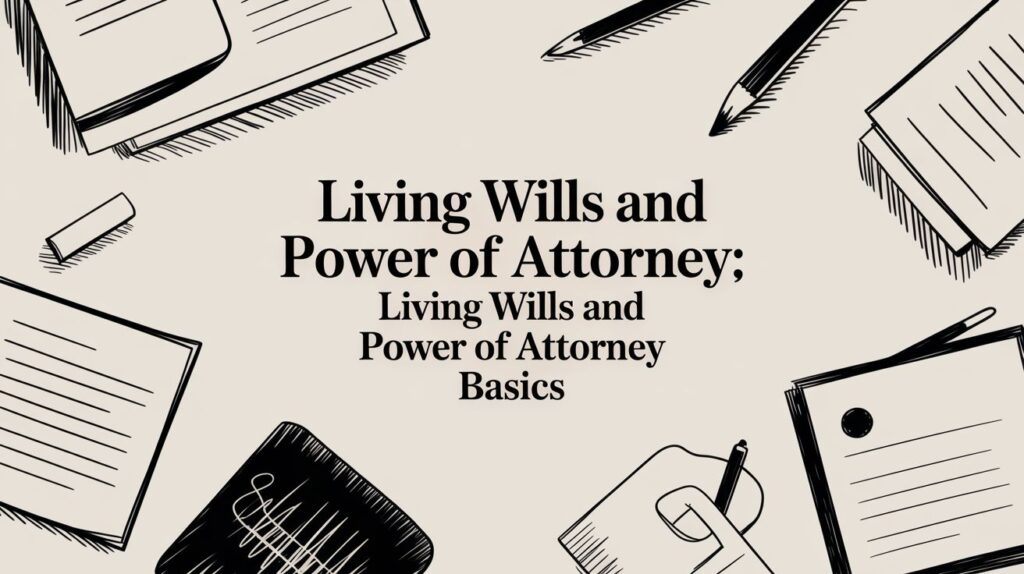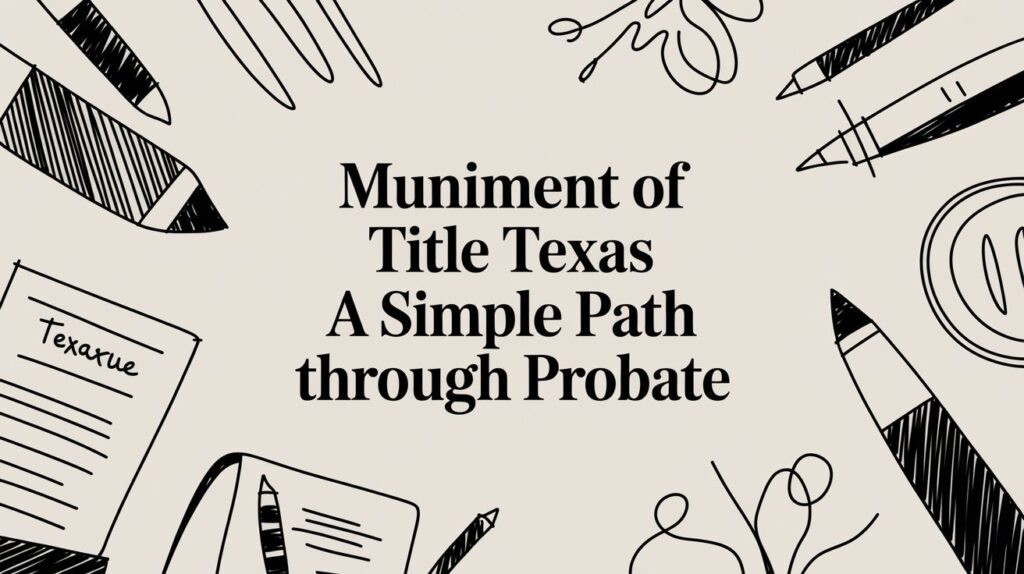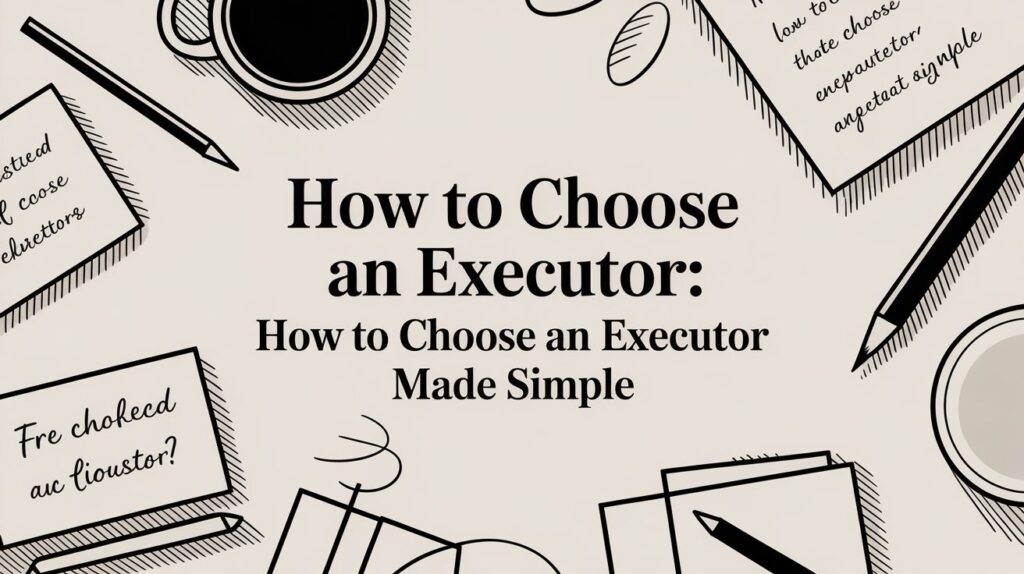Estate planning is one of those topics that most people know they should think about—but often put off until it’s too late. For many, the term brings to mind complicated legal forms, trusts, and a lawyer with stacks of papers. But there’s a financial dimension that’s equally important and often misunderstood: taxes. That’s why understanding tax implications in estate planning is essential for anyone who wants to preserve their wealth and pass it on efficiently.
Whether you’re managing a modest estate or planning for multimillion-dollar assets, taxes can affect how much your heirs receive, how smoothly your estate is handled, and how long probate drags on. In this detailed, easy-to-follow guide, we’ll unpack what those tax implications look like—from federal estate taxes to capital gains issues and state-level rules. You’ll also get real-life stories to illustrate how smart decisions (or costly oversights) can dramatically impact outcomes.
So let’s dive into what you need to know about the tax implications in estate planning and how to structure your plan wisely.

Why Taxes Matter in Estate Planning
The Hidden Cost of Passing on Wealth
When people think about what they’ll leave behind, they usually imagine tangible assets—homes, bank accounts, family heirlooms. But what they often overlook are the costs of transferring those assets. Among the most significant? Taxes.
If you’re not careful, estate taxes, income taxes, capital gains taxes, and even gift taxes can eat away at your estate. Understanding these layers is central to understanding tax implications in estate planning.
What’s worse? These costs don’t always come due after death. Certain tax burdens hit beneficiaries right away, and others affect the estate itself during probate. Planning ahead is how you control the narrative—and the final bill.
Real-Life Story: A Tale of Two Estates
Consider this scenario. David and Lisa were siblings who inherited estates from two different relatives.
David’s uncle, Tom, passed without a proper estate plan. He left behind significant assets, but failed to consider tax implications. David spent over a year dealing with probate, legal fees, and a hefty estate tax bill. Nearly 35% of the estate value disappeared before distributions were made.
Lisa, on the other hand, inherited from her aunt, Joan. Joan worked with a financial advisor and estate attorney to reduce her taxable estate. She used trusts, lifetime gifts, and stepped-up basis planning. Lisa’s inheritance was not only processed quickly—it was almost entirely tax-free.
That contrast illustrates how understanding tax implications in estate planning can lead to completely different financial outcomes.
Key Tax Concepts in Estate Planning
Let’s Define What You’re Dealing With
Before you can make smart choices, you need to know the language of taxes and estates. These are the main tax categories you should focus on:
1. Estate Tax
This is a tax on the total value of a person’s estate at the time of death. The federal estate tax only kicks in above a certain threshold ($13.61 million per person in 2024), but state estate taxes may apply at lower levels depending on where you live.
2. Inheritance Tax
Unlike the estate tax, which is paid by the estate itself, inheritance tax is paid by the person who inherits the money. Texas does not have an inheritance tax, but other states do.
3. Gift Tax
If you give away significant assets while you’re still alive, the IRS may treat those gifts as taxable events. There are annual and lifetime exclusions, but large gifts can trigger taxes or reduce your estate tax exemption.
4. Capital Gains Tax
If your heirs sell an asset they inherited—like stocks or property—they may owe capital gains taxes. However, smart estate planning can help mitigate this through strategies like the step-up in basis.
Understanding how these taxes intersect is key to managing tax implications in estate planning.

The Federal Estate Tax Exemption
What It Is and How It Works
The federal estate tax exemption allows a portion of your estate to pass tax-free. As of 2024, this exemption is $13.61 million per person, or $27.22 million for married couples using portability.
Here’s what that means:
- If your estate is below that amount, you owe no federal estate tax.
- If your estate exceeds that amount, only the amount above the exemption is taxed—at a rate up to 40%.
However, this exemption is temporary. It’s set to reduce significantly in 2026 unless Congress extends current laws. For large estates, this makes planning time-sensitive.
If you want to preserve family wealth, now is the time to consider trusts and lifetime gifting strategies. Getting ahead of changes in law is part of mastering the tax implications in estate planning.
How Trusts Help Reduce Taxes
Not Just for the Ultra-Wealthy
Many people assume that trusts are only for the super-rich. But in reality, trusts are among the most effective tools for minimizing tax exposure.
Some common types include:
- Revocable Living Trusts: Don’t reduce taxes directly but help assets avoid probate.
- Irrevocable Life Insurance Trusts (ILITs): Remove large life insurance payouts from your taxable estate.
- Grantor Retained Annuity Trusts (GRATs): Allow appreciation on gifted assets to occur outside your estate.
- Charitable Remainder Trusts: Provide income for life, with tax benefits for charitable giving.
Setting up the right trust ensures that assets transfer efficiently while avoiding excessive taxes. It’s a go-to move when developing strategies around the tax implications in estate planning.
Capital Gains and the Step-Up in Basis
A Powerful (and Often Missed) Tax Benefit
One of the most favorable tax provisions for heirs is the step-up in basis. When someone inherits an asset likereal estate or stocks, its tax basis is “stepped up” to its fair market value at the time of death.
Example: If your dad bought a house in 1990 for $80,000 and it’s worth $350,000 when he dies, your new cost basis becomes $350,000. If you sell the house for that amount, you pay no capital gains tax.
If you gift that same house during your lifetime, the recipient doesn’t get a step-up, and they could owe huge capital gains taxes later.
Knowing when to gift and when to bequeath assets is one of the most strategic parts of understanding tax implications in estate planning.
Lifetime Gifting: Good Now, Better Later?
Giving Strategically While You’re Alive
You can give away up to $18,000 per person per year (as of 2024) without filing a gift tax return. Married couples can double this to $36,000. These gifts don’t count toward your lifetime exemption.
By giving strategically, you can:
- Reduce the size of your taxable estate
- Avoid estate taxes later
- Help loved ones now when they might need it most
For example, if you give your daughter $18,000 each year for 10 years, you’ve transferred $180,000 tax-free—and potentially reduced your estate value enough to avoid higher taxes.
But large gifts above that threshold must be reported and reduce your lifetime gift and estate tax exemption.
Balancing lifetime gifts with estate goals is a core part of smart planning. It’s a high-impact element of managing tax implications in estate planning effectively.
State-Level Tax Implications
Does Texas Tax Your Estate?
Good news for Texans—Texas does not have a state estate tax or inheritance tax. That means residents only need to worry about federal taxes unless they own property in another state that does tax estates or inheritances.
But don’t get too comfortable. If you move or own out-of-state vacation homes, you might still face other states’ tax rules. For example:
- Massachusetts and Oregon have estate tax thresholds under $2 million
- Iowa and Nebraska have inheritance taxes
If your estate involves multiple jurisdictions, you’ll need a plan that accounts for each state’s rules. An experienced estate planning attorney can help you avoid costly oversights.

The Role of Life Insurance in Estate Planning
It’s Not Just About Paying for Funerals
Life insurance isn’t just a safety net—it’s also a financial strategy. Properly structured, life insurance can:
- Cover estate taxes so heirs don’t have to liquidate assets
- Provide liquidity for non-cash estates
- Be held in an Irrevocable Life Insurance Trust (ILIT) to stay outside your taxable estate
The death benefit from a life insurance policy can be taxed if the policy is owned by the deceased. But if held in a trust, it may be protected. This is why many families compareIrrevocable Trusts vs. Willswhen deciding how to manage life insurance benefits as part of their broader estate plan. While a Will can direct where assets go, it doesn’t shield them from estate taxes the way an irrevocable trust might.
Understanding how to incorporate life insurance into your estate planning adds another layer of flexibility, especially when managing complex tax implications in estate planning.
Charitable Giving as a Tax Strategy
Do Good—And Reduce Your Tax Burden
Charitable giving isn’t just generous—it’s also strategic. Gifting to qualified charities can:
- Reduce your taxable estate
- Allow for income tax deductions while you’re alive
- Provide structure for philanthropic goals through donor-advised funds or charitable trusts
Example: Donating appreciated stock allows you to avoid capital gains taxes and take a deduction for the full value of the asset.
Incorporating charitable strategies is a smart way to align your legacy with your values while minimizing tax exposure.
Common Mistakes That Increase Estate Taxes
What to Avoid When Planning
Even well-meaning families make costly mistakes when they skip professional advice. Here are a few to watch out for:
- Failing to update Wills and trusts after major life events
- Forgetting to retitle assets into a trust
- Leaving large IRAs to individuals without tax planning
- Not understanding how joint ownership affects step-up in basis
- Gifting appreciated assets without realizing tax consequences
Avoiding these pitfalls is critical. That’s why understanding tax implications in estate planning is not a one-time event—it’s an ongoing conversation.
When to Involve a Tax or Estate Attorney
The Sooner, the Better
If you’re dealing with significant assets, own a business, or have family complexities, professional guidance isn’t optional—it’s essential.
A qualified attorney or CPA can:
- Help calculate your estimated estate tax
- Set up trusts that reduce tax exposure
- Coordinate beneficiary designations
- Create a customized strategy based on your state and assets
Planning early and reviewing your plan every few years is the best way to ensure your intentions are honored and your tax burden minimized.

Final Thoughts on Understanding Tax Implications in Estate Planning
Estate planning is never just about who gets what—it’s also about how much they actually receive. Without proper planning, taxes can quietly erode the value of what you’ve worked a lifetime to build.
By understanding tax implications in estate planning, you’re equipping yourself to make smarter, more impactful choices. From lifetime gifts to charitable trusts, from capital gains to federal exemptions, each piece of the puzzle matters.
So don’t wait for “someday.” Start today. Speak with a professional, explore your options, and build a plan that protects your loved ones and your legacy—not just legally, but financially too.








